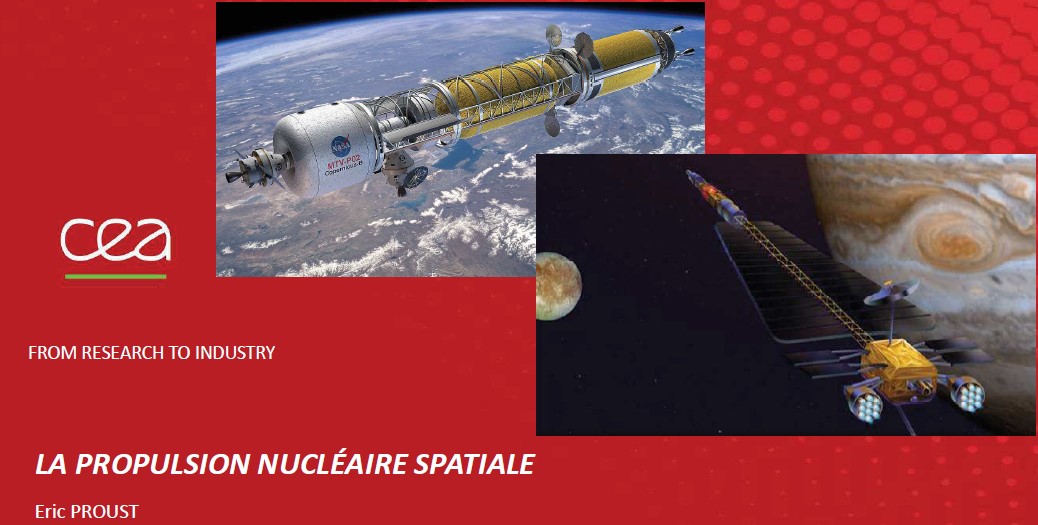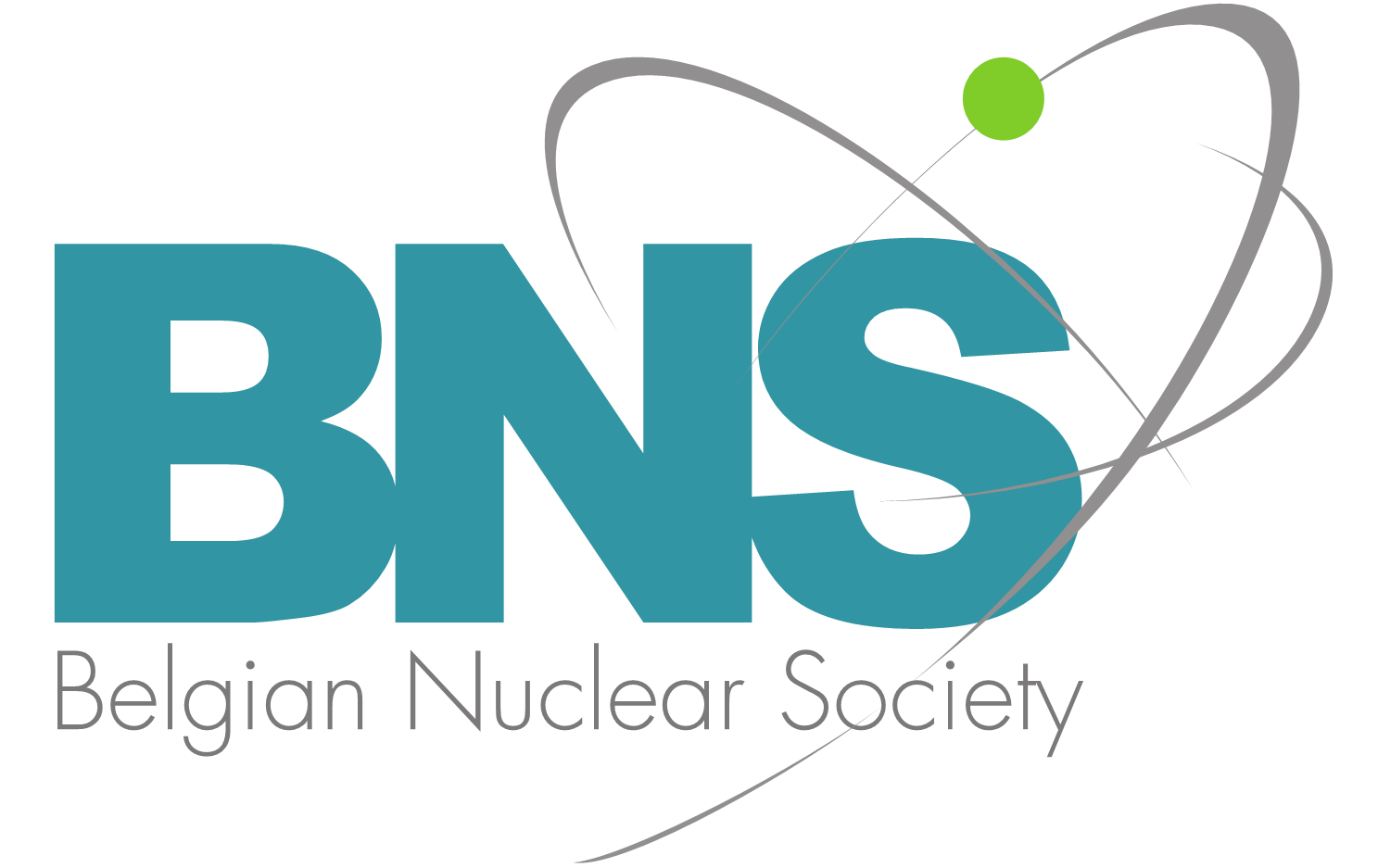
Nuclear space propulsion (virtual)
Hourly Schedule
New Day
- 18:30 - 19:15
- Presentation
-
Speakers:
Eric Proust
- 19:15 - 19:45
- Q&A

Speaker
-
 Eric ProustCEA, France
Eric ProustCEA, FranceGraduated in Electrical Engineering and in Nuclear Engineering, Eric Proust joined CEA, the French Atomic Energy Commission, in 1983 as a design engineer within the Nuclear Reactors Division. He first contributed to projects related, among others, to space nuclear power and propulsion systems, “special-purpose” reactors, and nuclear fusion reactors. After having been called to the Cabinet of the Minister for Energy as technical advisor for nuclear and international affairs, he alternated R&D positions combining scientific and managerial responsibilities within CEA’s Nuclear Energy Division (he headed its Systems and Structures Modelling Department), and positions with functional responsibilities (he was CEA’s executive deputy director for international relations, and associate director in charge of nuclear industrial relations). Today, his responsibilities at CEA’s Energies Division include the coordination of its Network of experts, of its doctoral and postdoctoral programs and of its nuclear education activities.
He chairs the European Nuclear Society High Scientific Council, the Fission Working Group of the Euratom Scientific and Technical Committee, and the French Bureau of Nuclear Equipment’s Standards. The interest he developed early in his career in space nuclear systems has never waned over the years and his teaching and consulting activities have led him to speak regularly on the subject to various audiences. Thus, he was at the initiative of the position paper on Nuclear Energy for Space Exploration the ENS High Scientific Council released last September.
